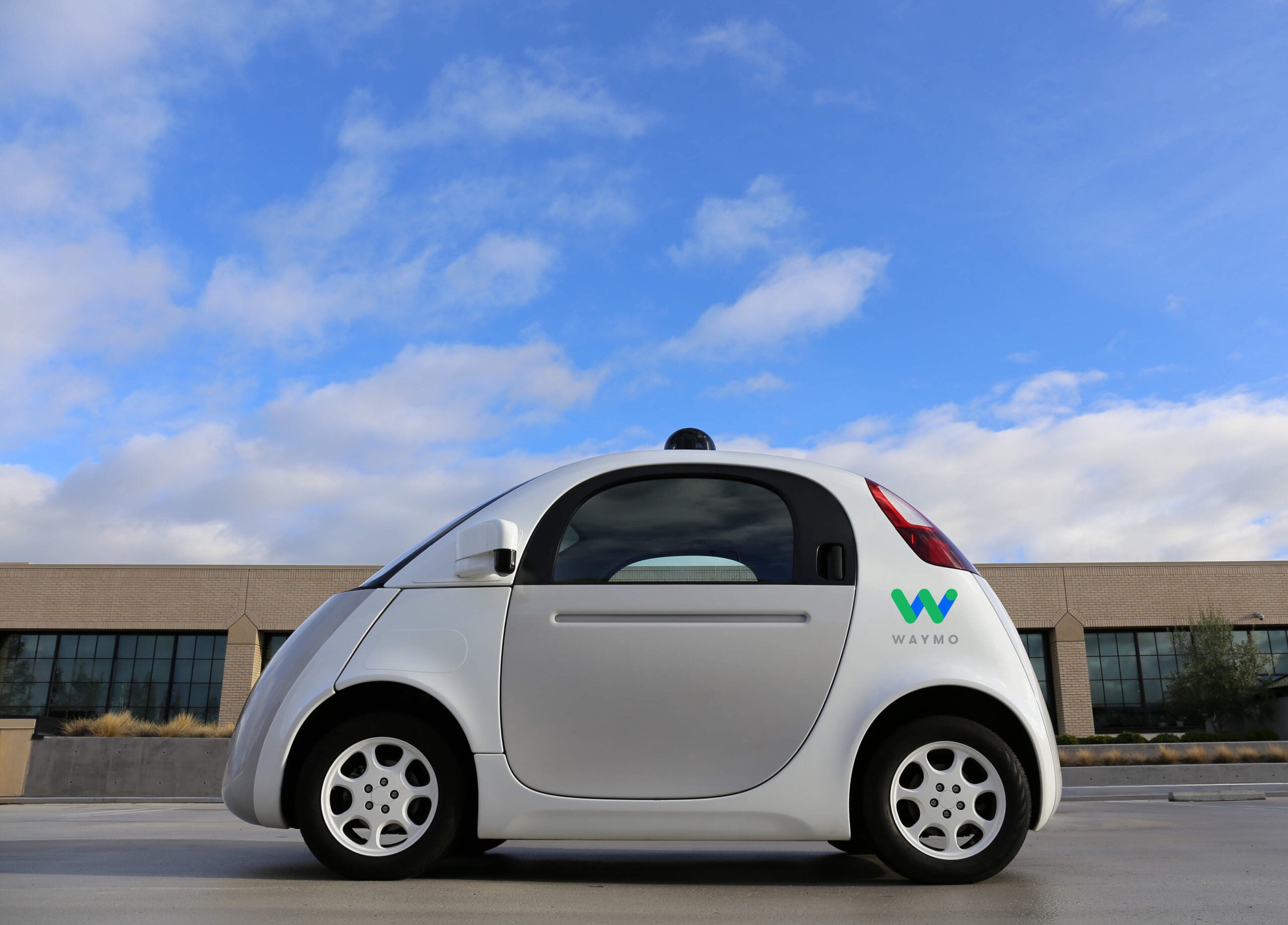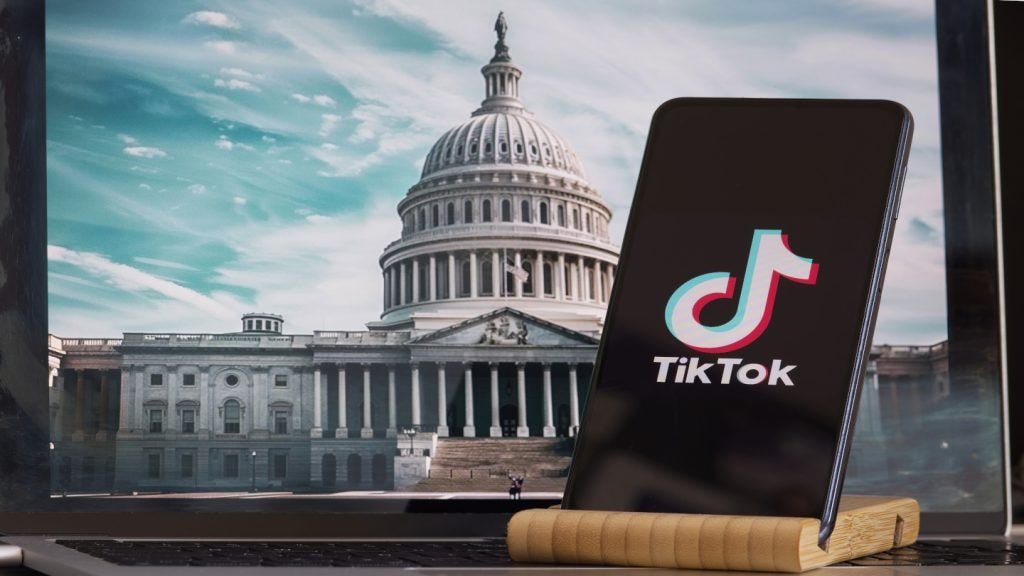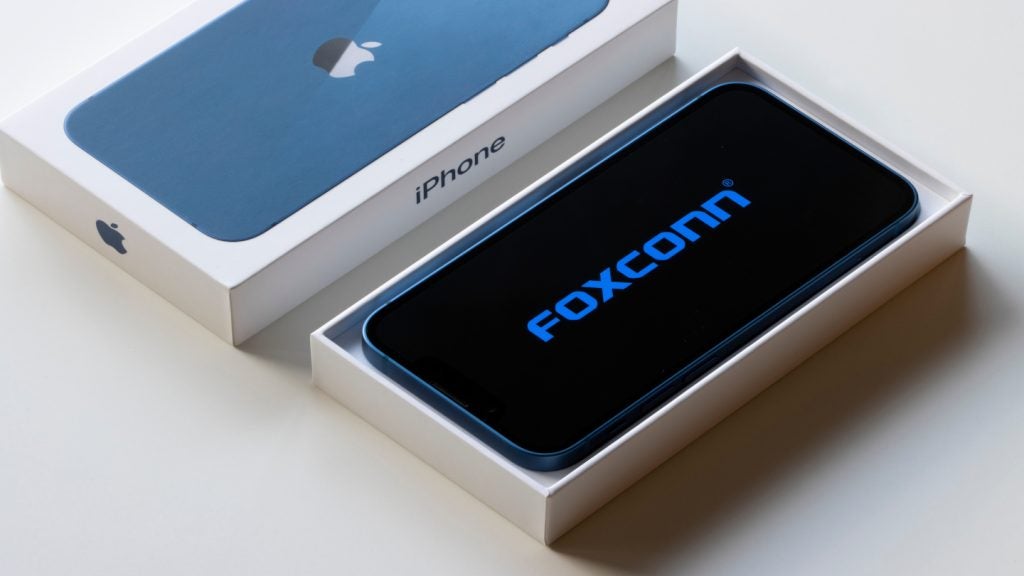
Waymo is expanding its global reach when it comes to driverless cars, as the Alphabet subsidiary inks a deal with Groupe Renault and Nissan.
In an announcement published today, it revealed that it would be working with Groupe Renault and Nissan in an exclusive agreement to explore driverless mobility services for passengers and deliveries in France and Japan.
Although details of the partnership have been vague, with no indication that Waymo will be conducting testing in either country, the companies will work together to “research commercial, legal and regulatory issues related to driverless transportation-as-a-service offerings”.
John Krafcik, Chief Executive Officer of Waymo said:
“The agreement marks a first step to developing long-term, profitable driverless mobility services operations.
“This analysis will first take place in France and Japan, home to Groupe Renault and Nissan headquarters, respectively, and may expand to other markets, excluding China, in the future.”
How well do you really know your competitors?
Access the most comprehensive Company Profiles on the market, powered by GlobalData. Save hours of research. Gain competitive edge.
 Company Profile – free sample
Company Profile – free sampleThank you!
Your download email will arrive shortly
Not ready to buy yet? Download a free sample
We are confident about the unique quality of our Company Profiles. However, we want you to make the most beneficial decision for your business, so we offer a free sample that you can download by submitting the below form
By GlobalData
Waymo reaffirms self-driving lead
Waymo’s technology is currently being tested in the US, most notably its trial of a driveless taxi service in Arizona.
Although it has emerged as a major player in the driverless car market, claiming that its vehicles have travelled 10 million miles on public roads, according to the Financial Times, this is the first time the company has started working on specific services.
Although it has partnered with Fiat Chrysler and Jaguar Land Rover on the supply on vehicles in the past, until now the company has not forged partnerships with any automotive manufacturers for the development of self-driving systems. As a result, it has risked falling behind its competitors when it comes to getting driverless cars to consumers and ultimately on the road.
Although an early adopter of driverless car technology back in 2009, and is still a major player, the company has faced a few roadblocks in recent years, with a public legal battle with Uber after claims that Uber was stealing its trade secrets, and reports that Waymo’s cars have problems with certain tasks such as turning left.
The importance of Waymo partnerships
According to Arstechnica, Waymo has been somewhat slow in this area, with competitors forging relationships that may put them ahead in the race to bring fully driverless cars to market, with GM buying driverless car startup Cruise, and Ford investing $1bn in Argo AI.
Partnerships like this may represent the next phase of getting self-driving cars on the road: commercially viable partnerships between those creating the technology and those building the cars themselves.
This latest development suggests that Waymo is ramping up its efforts in this area, and may soon be on the path to commercialising its self-driving offerings. This comes after the company announced it was restarting testing of self-driving trucks in Arizona.
With Waymo branching out from the United States, where the company has largely focused its development and testing efforts until now, it may now be able to expand into other markets around the world (and with it different regulatory frameworks), especially as together Groupe Renault and Nissan sold more than 10.7 million vehicles in nearly 200 countries in 2018.
However, In a statement, the company said that while it may expand to other markets in the future, this will exclude China, a major potential market for self-driving vehicles.
Thierry Bolloré, Chief Executive Officer of Groupe Renault said:
“The story of tomorrow’s mobility will be jointly written, with the cooperation of the Alliance with Waymo, as industry leaders, opening new perspectives for driverless mobility services.
“We believe this partnership will accelerate our commitment to deliver new shared mobility services and benefit the automobile ecosystems by placing us at the forefront of driverless mobility new business streams in our key strategic markets.”






